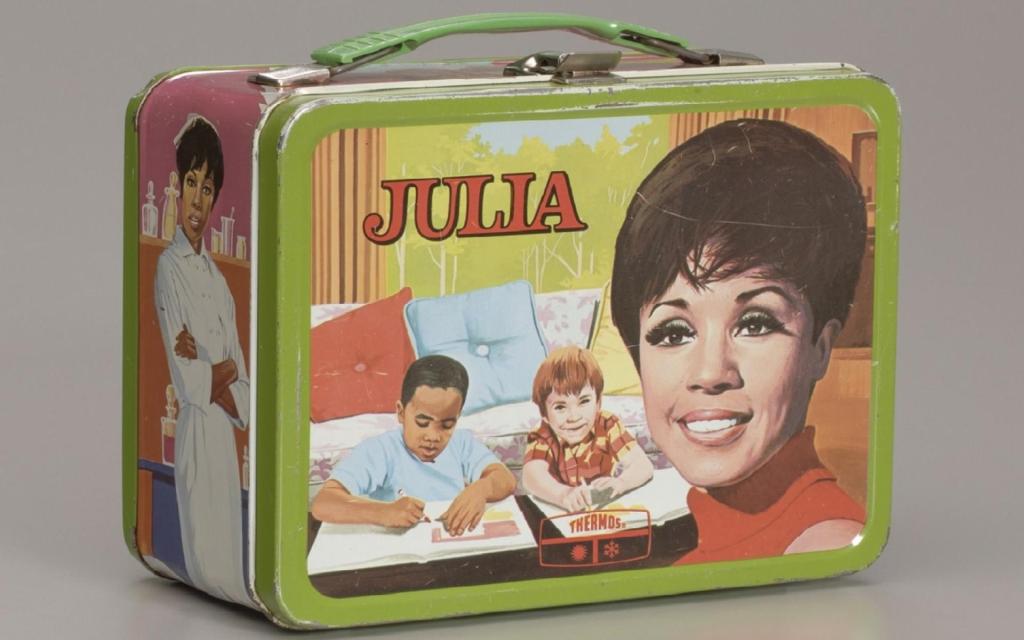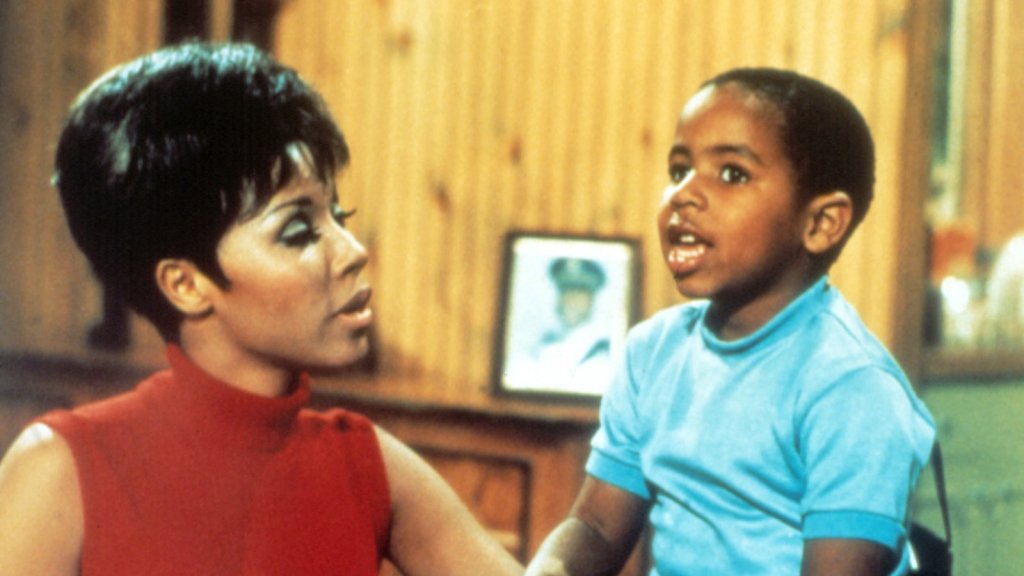Television has long been a powerful medium for shaping public perception and societal norms. Among its many roles, it serves as a mirror reflecting cultural values, aspirations, and tensions. One of the most significant aspects of television history is the portrayal of Black families in sitcoms, which has evolved considerably from the 1960s to today.

The Early Days: “Julia” (1968-1971)
The journey of Black family sitcoms on television began with “Julia,” a groundbreaking show that aired from 1968 to 1971. Starring Diahann Carroll as Julia Baker, a widowed nurse raising her young son, “Julia” was one of the first television series to depict an African American woman in a non-stereotypical role. This was a revolutionary step in a time of significant social upheaval and civil rights activism.
While “Julia” was praised for its positive portrayal of a Black woman, it also faced criticism for its sanitized depiction of Black life. The show largely ignored the racial tensions of the time, presenting a version of reality that many felt was more palatable to White audiences. This avoidance of deeper racial issues meant that, although Julia was a successful, relatable character, the show did not fully address the systemic racism and societal barriers that Black Americans faced.
The 1980s: “The Cosby Show” (1984-1992)
Fast forward to the 1980s, and we see a significant milestone with “The Cosby Show.” This iconic series focused on the Huxtable family, a well-off, educated Black family living in Brooklyn. Bill Cosby played Dr. Heathcliff Huxtable, a successful obstetrician, and Phylicia Rashad portrayed his wife, Clair, an accomplished attorney.
“The Cosby Show” was celebrated for presenting a positive image of a Black family and for its universal themes of love, education, and personal responsibility. However, it also faced criticism for downplaying the impact of race and systemic inequality. By focusing on a middle-class, upwardly mobile Black family, the show suggested that hard work and good values alone could overcome racism. This narrative, while inspiring, did not reflect the broader realities of many Black Americans who continued to face structural barriers.

The 21st Century: “Black-ish” (2014-Present)
In the 21st century, the landscape of Black family sitcoms has become more complex and nuanced, reflecting the ongoing conversation about race in America. “Black-ish,” which premiered in 2014, stands out as a significant example of this evolution. Created by Kenya Barris, the show follows the Johnson family as they navigate the challenges of raising children in a predominantly white, upper-middle-class environment.
“Black-ish” tackles contemporary racial issues head-on, blending humor with serious social commentary. An episode like “Hope,” where the family discusses police brutality and the failure of the justice system, exemplifies the show’s commitment to addressing systemic racism. The episode captures the conflicting approaches of parents Dre and Rainbow in dealing with their children’s understanding of racism, thereby fostering a broader discussion among viewers.
Unlike its predecessors, “Black-ish” does not shy away from the complexities of race. It presents a more authentic portrayal of the Black experience, recognizing that success does not exempt Black Americans from the realities of racism.
Contemporary Representation: Progress and Challenges
Today, there are more television shows that offer varied and authentic portrayals of Black life, such as “Atlanta,” “Insecure,” and “Dear White People.” These shows explore the Black experience in America with a depth and honesty that was often missing in earlier television.
However, challenges remain. Many popular programs still sustain the notion of a “post-racial” society, where race is depicted as a non-issue. This can undermine the understanding of systemic racism and its pervasive impact. Shows like “Grey’s Anatomy” feature diverse casts but often do not address the specific racial challenges that characters might face in reality.
Conversely, shows like “Atlanta,” created by Donald Glover, confront these issues more directly. Glover’s approach is less about sending overt messages and more about presenting an authentic experience that allows viewers to draw their own conclusions about race and racism in contemporary society.
The evolution of the Black family sitcom on television reflects broader societal changes and ongoing struggles for racial justice and representation. From the early days of “Julia” to the groundbreaking impact of “The Cosby Show” and the contemporary relevance of “Black-ish,” these shows have played a crucial role in shaping and reflecting the Black experience in America.
While progress has been made, there is still much work to be done. Authentic representation that acknowledges and addresses systemic racism is essential for fostering a more inclusive and understanding society. As we continue to move forward, it is vital that television not only entertains but also educates and challenges us to confront the realities of race in America.

Leave a comment